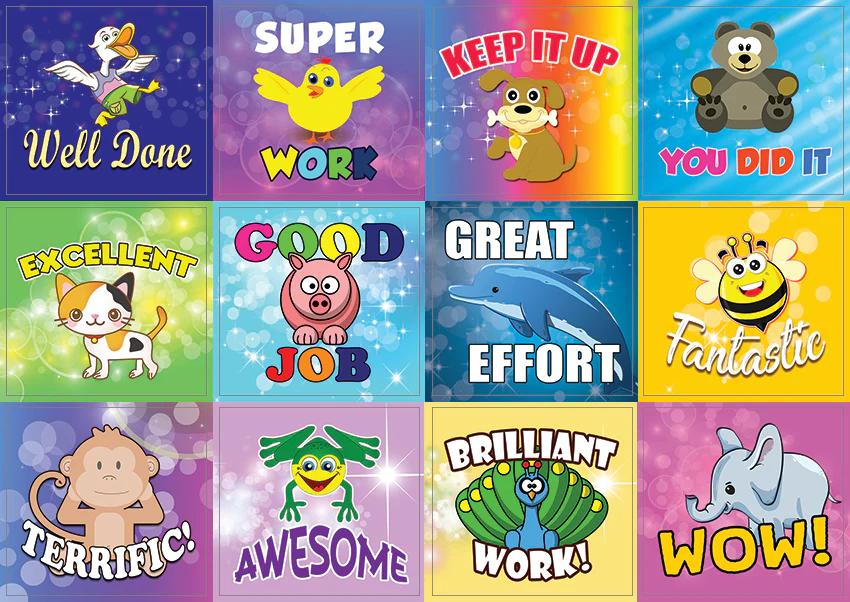Parenting(Age 5 to 8) | Academic | General | Jun 29, 2020
Vocabulary and Language Development for 5 to 6 Years!

When we hear the term learning, lot of things come to our mind. The most common areas that anyone would like to focus on is reading, writing and speaking. This is the most tested approach which is proven over and over again. However, there is an aspect underrated at times and that is – vocabulary. When a child is just starting to learn a new language, it seems like a daunting task. Apart from classroom teaching, parents adopt various other methods to help their child with the learning aspect. Major emphasis is mostly given to reading and writing, and though there is nothing wrong in that, but we cannot negate the value of enhancing vocabulary as well. This is should be the main point of focus in the process of teaching a language as a good language cannot be developed with the absence of a sound vocabulary.
Concerned parents are always on the lookout for tools and methods they can apply to secure the child’s sound foundation in regard with language learning in terms of reading and writing. As simple as it may sound, teaching the child the art of questioning must always be encouraged without fail. In the early stages of learning and formulative years, the child can absorb whole new information and habits essential for enhancing the knowledge base of a child. It is easy for them to confuse themselves with few words and concepts easily and they may use them inappropriately or in an incorrect way. It is the duty of the teacher to guide the students from an early age. Let’s illustrate to understand with the example of one of the most common activity which is “reading”. So one can always encourage and show to the child how to pick up and read books apart from their school curriculum only. This will give them a broader point of view of the language and they would be able to challenge their inhibitions.
Secondly, teachers and parents should encourage healthy informative discussions with the child. This will not only boost their confidence but also provide the necessary understanding about the basic rules of language. The child’s brain can be very imaginative and it is up to the educator to empower them with the power of imagination and creativity by feeding them with proper knowledge. There are various visual aids available that can do the trick, like words with descriptive images and there are a lot of video resources available. The tricky part is to understand the way the child will be able to comprehend the topic. This is where the real job of a teacher begins. That is why it is of utmost importance as to how the teacher is able to handle the curiosity of the child properly and answer their question in a manner that they are able to understand as well as continue to ask their queries and share their learnings and understandings. Many people argue that it is the instinct of the child that will decide how far he/she will go in terms of education. If the sense of understanding things is implanted in the brain of the child, as opposed to mugging it up, it definitely goes a long way to pave the way for that innate instinct that can be well nurtured into a motivated quest for learning.
At the same time it cannot be denied that this activity can be challenging, and that’s where the teacher steps in. Educational activities do not end with the school itself. It is an everlasting process. Parents play a far more important role in the development of the child’s skills which are necessary to facilitate any kind of learning.
















Post a Comment: